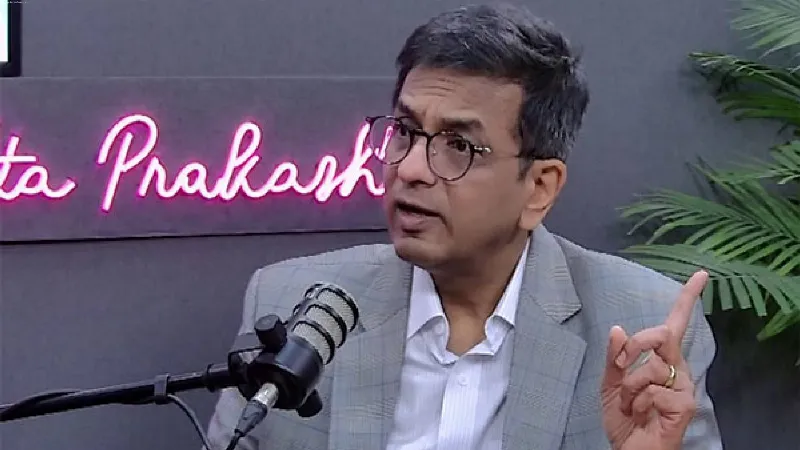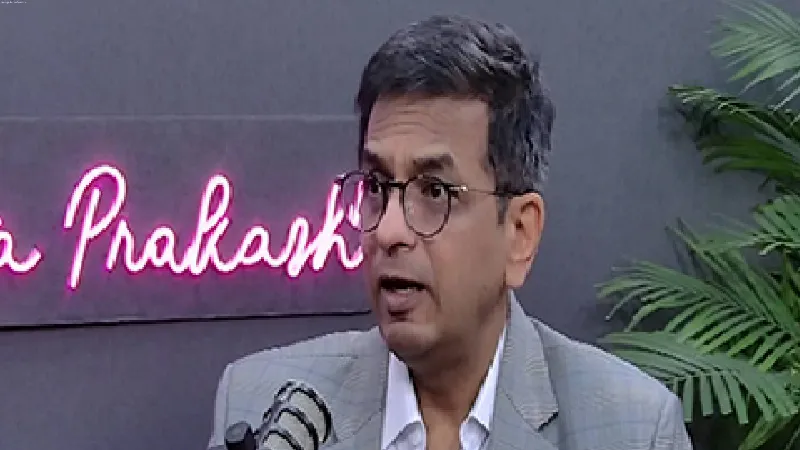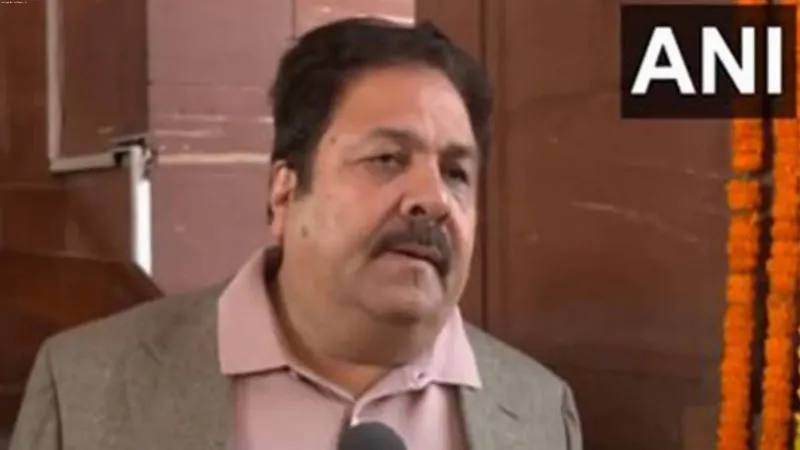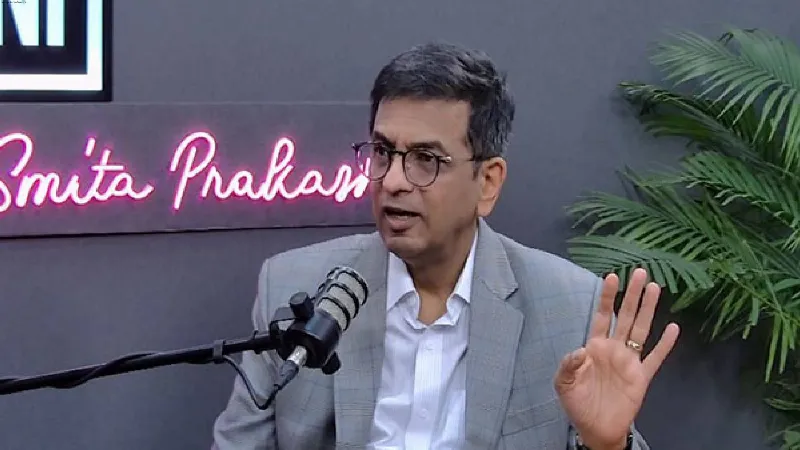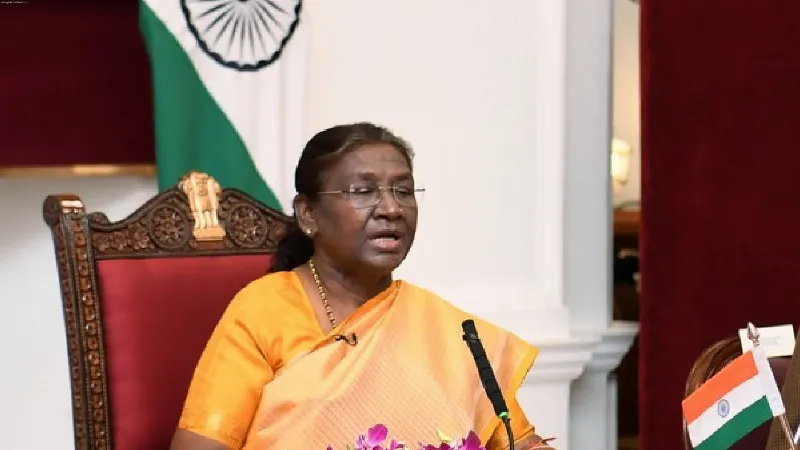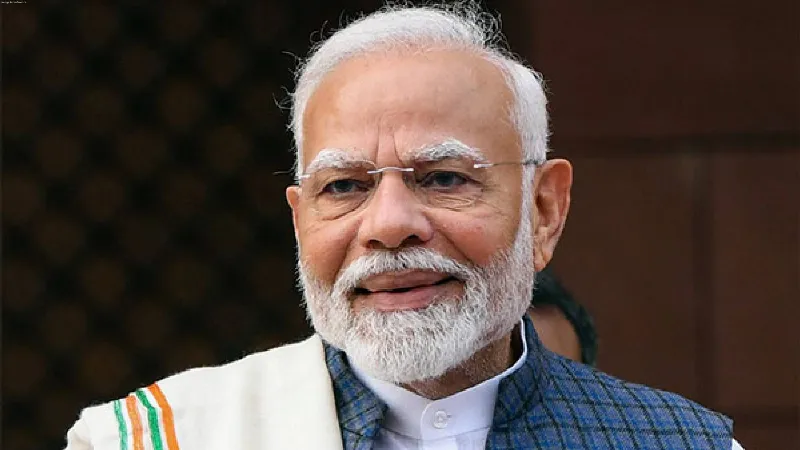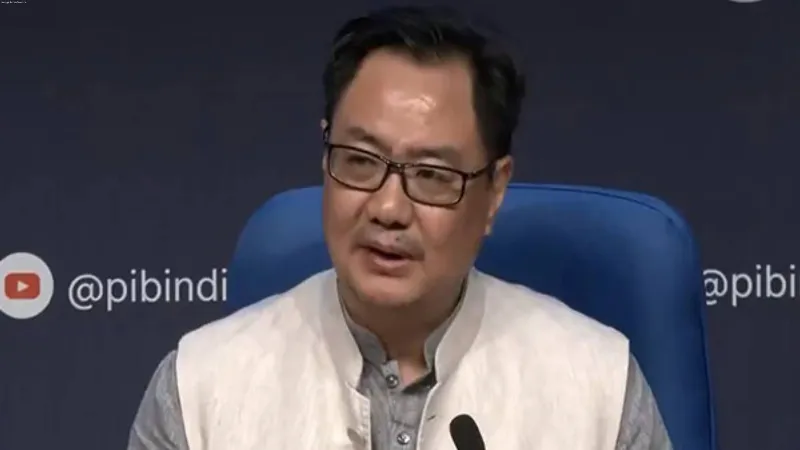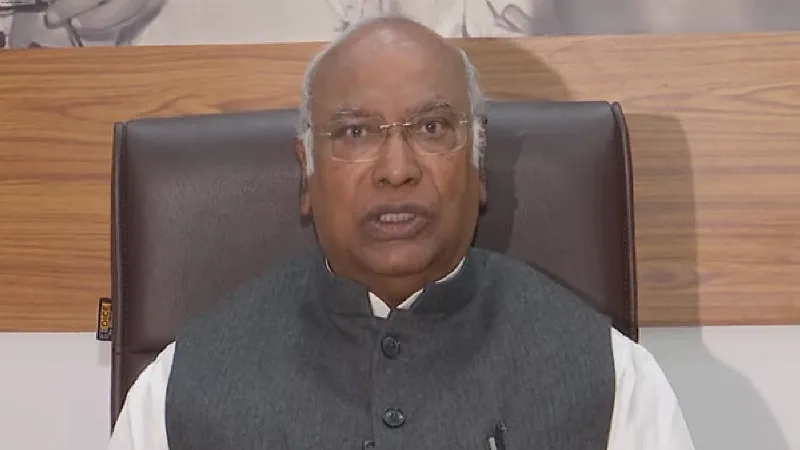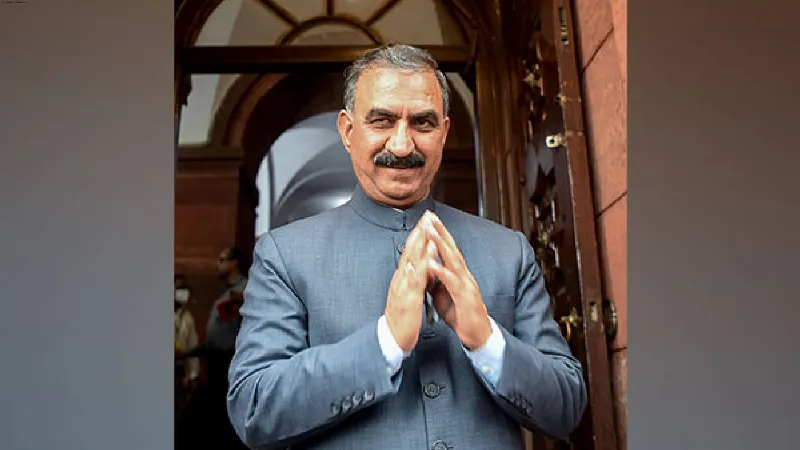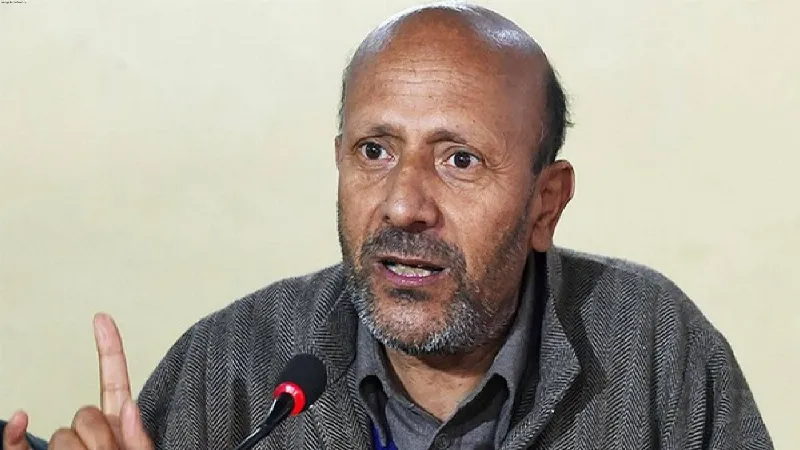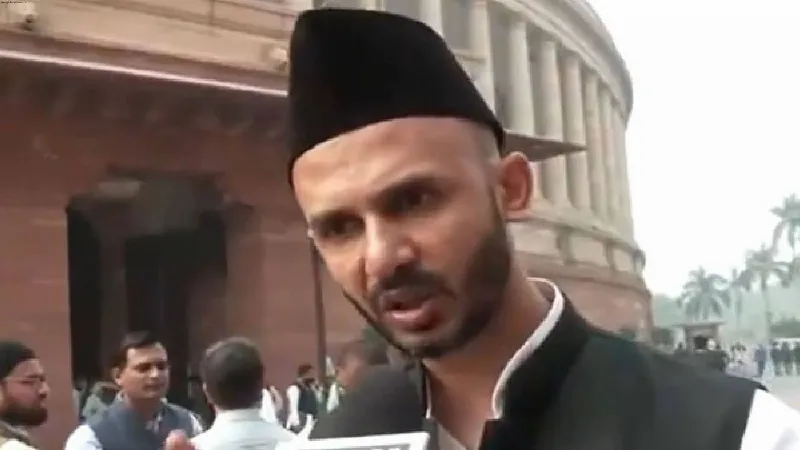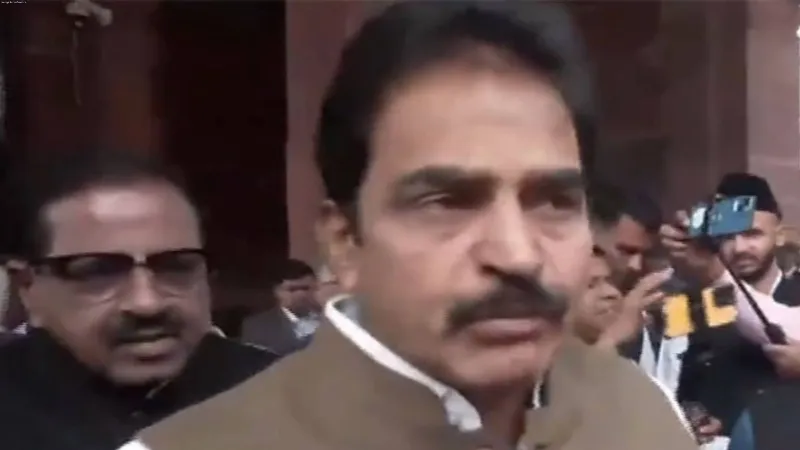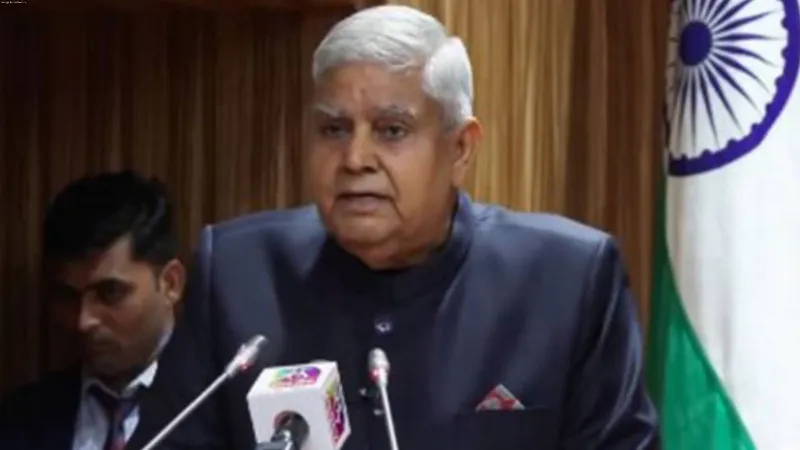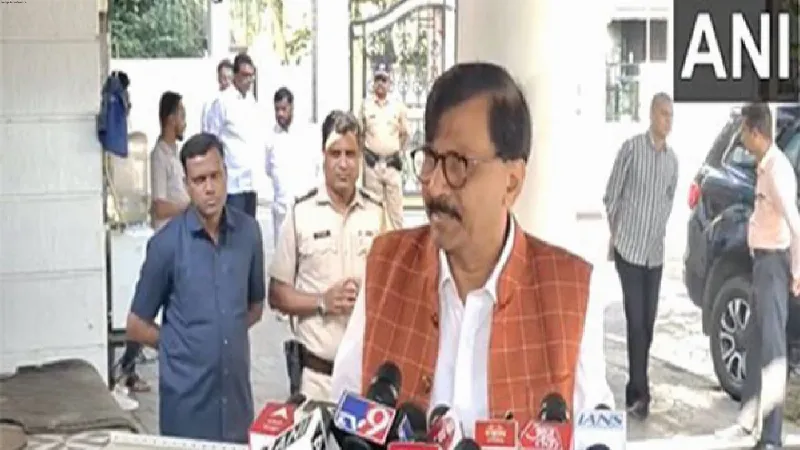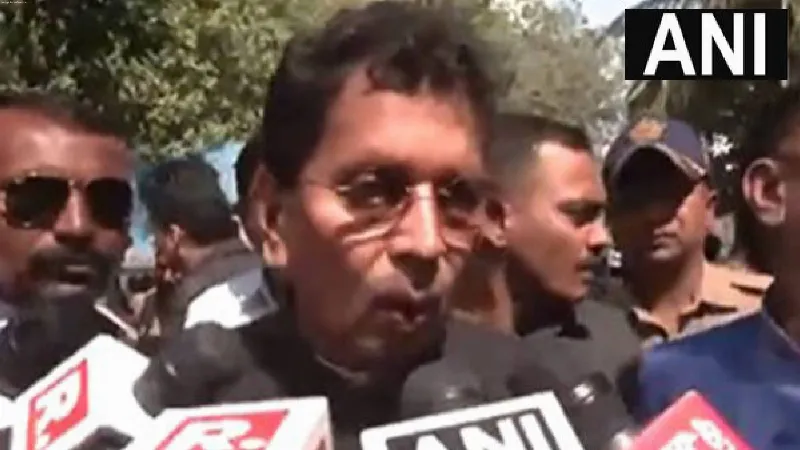Latest News
Delhi HC dismisses plea of Kunwar Mahendra Dhwaj Pratap Singh with a costs of Rs 10,000
.png)
New Delhi:The Delhi High Court on Monday dismissed the plea of Kunwar Mahendra Dhwaj Pratap Singh. The high court has imposed Rs 10,000 in costs on Singh. The high court termed the petition an abuse of process of law and wastage of judicial time.
He had claimed and sought compensation from the government for acquiring areas of Agra and Meerut, as well as Delhi, Gurgaon, and Uttarakhand, which were under his territory.
Justice Subramonium Prasad dismissed the plea and said, "This Court is inclined to dismiss the writ petition by imposing costs of Rs10,000 on the petitioner."
"Let the costs be deposited by the petitioner with the Armed Forces Battle Casualties Welfare Fund within a period of four weeks from today," Justice Prasad ordered on December 18, 2023.
While dismissing the petition, the bench said, "This Court is of the opinion that the writ petition is completely misconceived. The claims raised by the Petitioner in the present Writ Petition cannot be gone into or adjudicated in a writ petition."
The bench said that the petitioner has only filed some maps and historical accounts, which, in the opinion of this Court, do not indicate the existence of the Beswan family or any rights of the petitioner.
"The judgements, extracts from the Wikipedia report, documents of political integration in India, and the Instrument of Accession also do not substantiate the case of the petitioner," the bench added.
The High Court said, " This Court is of the opinion that this Writ Petition raises pure questions of facts and the Petitioner has not been able to establish the area under the control of the Beswan family and the right of the Petitioner to succeed the Princely State of Beswan family."
The petitioner has to substantiate his contentions by taking appropriate proceedings, leading documentary and oral evidence and proving his case. A written petition is not the remedy for the relief as claimed by the petitioner, the bench said.
The high court further said that Writ courts cannot enter into a field of investigation that is more appropriate for the Civil Court in a properly contested suit. Questions of fact that require determination, where rival claims of the parties have to be decided and are purely factual, can be adjudicated in a properly instituted suit and the proceedings under Article 226 of the Constitution of India are not the proper remedy. The present writ petition is nothing but an abuse of the process of law and a complete waste of judicial time.
The petitioner claimed to be the successor and heir of the Beswan family and claimed property rights to the Beswan Avibhajya Rajya as its ruler, which consists of the United Province of Agra running between the rivers Yamuna and Ganga from Agra to Meerut, Aligarh, and Bulandshahr, including 65 revenue estates in Delhi, Gurgaon and Uttarakhand.
It was also stated that the petitioner is the only surviving son of the four sons of Raja Thakur Mat Matang Dhwaj Prasad Singh and, therefore, claims to be the present ruler of the Beswan Avibhajya Rajya.
The petitioner had placed reliance on the fact that the British Government passed the Raja Mahendra Pratap Short Title Singh Estates Act, 1923 and granted Sanad on September 7, 1924, in favour of Prem Pratap Singh. It is stated that in 1960, the Union of India, through the Mahendra Pratap Singh Estates (Repeal) Bill, 1960, repealed the Act, 1923 and withdrawn the Sanad dated September 7, 1924.
The petitioner claimed that the Beswan Avibhajya Rajya, as of date, holds the status of a princely State and the Beswan family holds the territories of the United Provinces of Agra, running between the rivers Yamuna and Ganga from Agra to Meerut, Aligarh, Bulandshahar and other territories.
It was stated that in 1900 AD, there arose a dispute between two brothers in the Beswan family, namely, Garud Dhwaj Prasad and Superun Dhwaj. The matter was taken up with the Privy Council and vide judgements dated May 8, 1900, May 10.1900 and June 27, 1900, it was decided in favour of Garura Dhwaj Prasad.
It was further stated that in 1911, Britishers shifted their capital from Calcutta to Delhi and included the provinces of Agra and Oudh in the territory of Delhi without any annexation of the properties; therefore, the sanad dated September 7, 1924 assumes significance.
The petitioner also stated that in the year 1947-48, during the political integration of British India, 562 Princely States were acceded by the Rulers to the Government of India but the forefathers of the petitioner did not enter into any treaty nor was there any accession and hence Avibhajya Rajya of Beswan till date holds the status of an independent Princely State.
He added that the land between the United Province of Agra running between the rivers Yamuna and Ganga from Agra to Meerut, Aligarh, Bulandshahar, and 65 revenue states of Delhi, including Gurgaon and Uttarakhand, comes under the Princely State of Bewan family and the land belongs to the petitioner's family since there was no accession agreement signed between the petitioner's forefathers and the Government of India.
It was the contention of the Petitioner that the Central Government and the State Government of Uttar Pradesh, without following due process of law, have encroached upon the rights of the Petitioner and dealt with the properties of the petitioner, and despite various complaints given by the Petitioner, no action has been taken.

